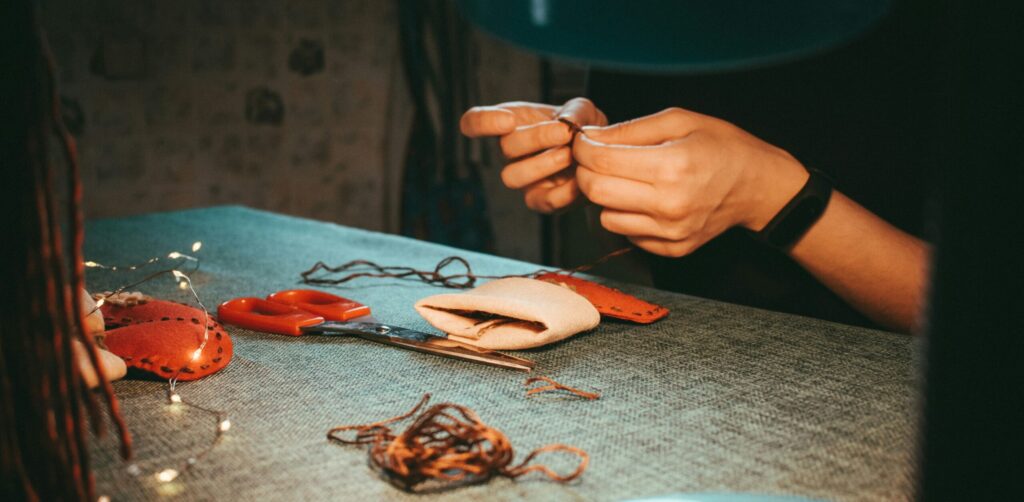One of the hardest transitions for me during my stint as a caregiver and then as a young adult cancer patient/survivor was figuring out what exercise meant. When I was in undergrad and then graduate school, I developed an affinity for long distance running. I started with a rained out 5k (yep, I went back home and straight back to bed without actually running), then transitioned myself directly to a half-marathon (13.1 miles), and finally to a full marathon (26.2 miles). My body had always thrived on being active. I loved biking and running and dancing my butt off on a Friday or Saturday night (or both).
Then cancer hit.
When I was caregiving for my mother it was cold outside. I was back home with my parents, away from my lovely student work out facility, and emotionally and physically fatigued from my new caregiving responsibilities. When I received my own cancer diagnosis, chemo started and my body was hit hard. I was continually tired, nauseous, and uncomfortable. I was used to running, biking, late night dancing, and whatever else, so when my oncologist repeatedly told me that exercise would help with my fatigue and general well being, I had NO idea what to do. Running made me feel light headed, the idea of being perched on a bike seemed impossible, and late night activities were out entirely. Plus, it never even occurred to me to just ask what sorts of exercise I could do, now that my definition of working out needed to change dramatically.
After several months into my survivorship, I finally figured out that going for a walk made me feel a million times better than staying cooped up in the house. I seriously wish someone had been able to read my anxious, cancer filled mind and suggest the idea of walking for exercise earlier but nevertheless, I’m grateful that I figured it out eventually. (I also wish that I had been able to voice more of these questions of mine but maybe that is an entirely different post!)
Dana Farber has thought this through and has an article describing walking for exercise and everything that entails. They talk about warming up, tips for keeping proper technique and posture while walking, and more. The whole article is short but well thought out and very informative.
However you do it, staying active is important during cancer treatments and into your survivorship! Need help getting moving? Ask a friend to join you!
How do you keep yourself up and moving? Have you tried walking for exercise?







